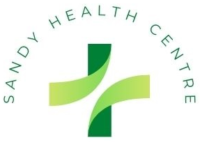We are a self care practice, ensuring our patients are aware that many illnesses, ailments and injuries can be self cared for at home. Please visit our wellbeing pages, referrals or NHS health A to Z for further information.
Treat yourself at home
You may be able to save a trip to the surgery by treating yourself at home.
The NHS website has guidance for how to treat yourself if you have:
- back pain
- dermatitis
- heartburn and indigestion
- nasal congestion (blocked nose)
- constipation
- migraines
- coughs
- acne
- sprains and strains
- headaches
- Remember to:
– keep medicine in a secure, locked place out of reach of small children
– read instructions and use the suggested dose
– watch expiry dates – do not keep or use medicines past their sell-by date
– take all unwanted and out-of-date medicines back to the pharmacy
Pharmacists
See a pharmacist
Pharmacists can offer professional advice and over the counter medicine for minor illnesses, for example:
- coughs
- colds
- sore throats
- tummy trouble
- aches and pains
If it turns out to be more serious, pharmacists can make sure you get the help you need. This may include seeing a GP or nurse.
Read the NHS website guidance on how your pharmacy can help.
Other NHS services
As well as our practice, there are many other local NHS services you can contact for health advice, information or treatment.
